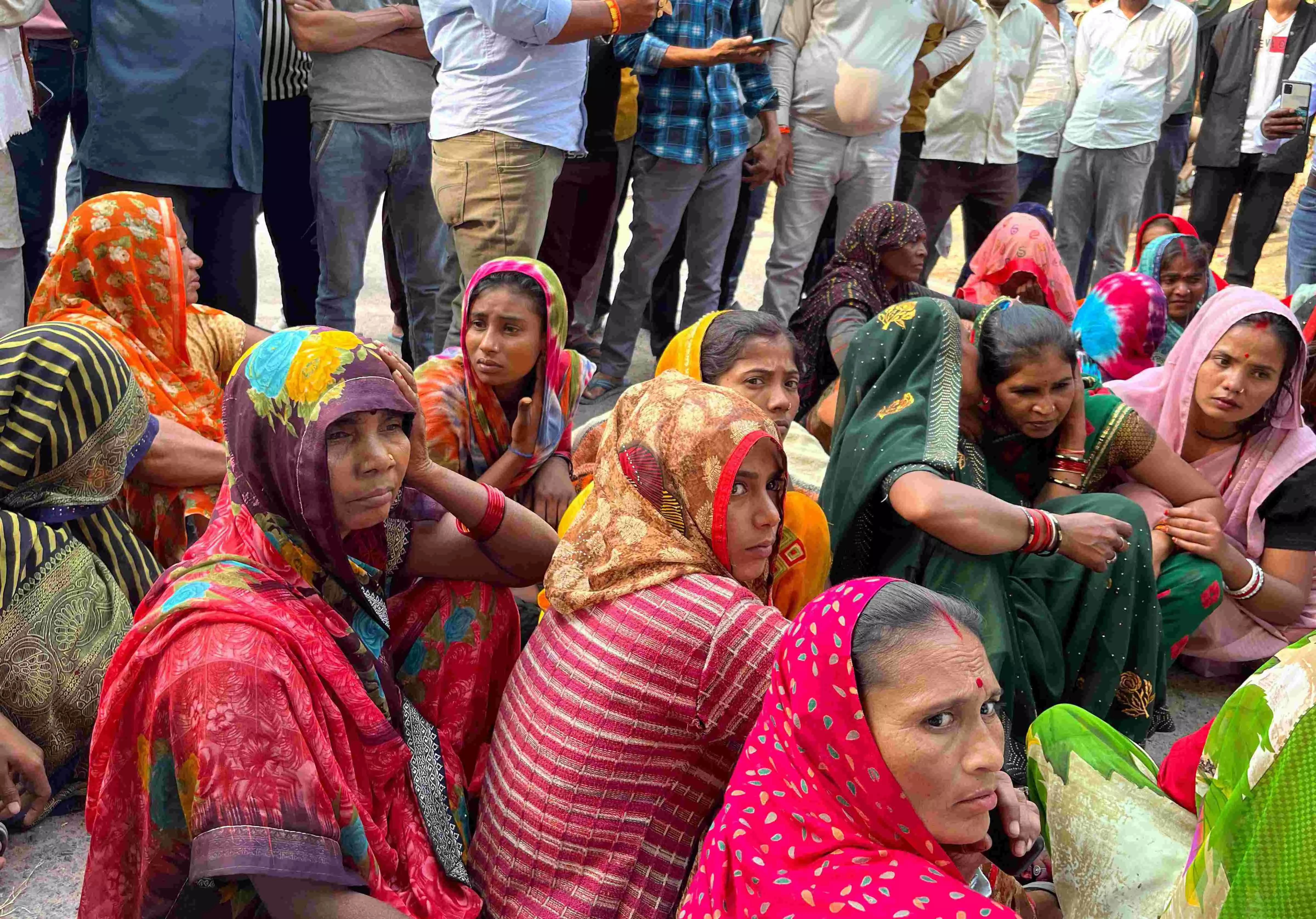Preventable tragedy?

At the Maharani Laxmibai Medical College Hospital in Jhansi, a fire broke out in the neonatal intensive care unit (NICU), snuffing out the lives of at least ten newborns—innocent lives that had barely begun their journey on this Earth. The cries of grieving parents are haunting, to say the least. Alleged systemic failures at the hospital have turned a place of healing into one of despair. Prima facie, the fire has been attributed to an electrical short circuit. Ironically, the NICU, regarded as a place meant to shelter the most fragile of lives, became a death trap surrounded by flames. Parents are reported to have broken windows in desperate attempts to save their children. Staff and bystanders, too, risked their lives to rescue over three dozen infants. Their brave efforts notwithstanding, the tragic loss of at least ten lives, including critical injuries sustained by several others, could not be prevented. The collective agony of parents must be sinking with the weight of unimaginable grief.
Furthermore, it must be noted that this tragedy is not an isolated incident. Just six months ago, a similar fire in a Delhi neonatal facility had claimed six infant lives. The recurrence of such disasters is indicative of a grim reality—widespread negligence in enforcing fire safety protocols in healthcare institutions. The government’s claim that a fire safety review was conducted as recently as February and a drill in June, now rings hollow—giving the perception of a tick-box exercise devoid of meaningful follow-up. Questions abound: Why was there no fail-safe mechanism to handle electrical overloads in a critical ward? Why were sprinklers absent, and why weren’t alternative fire suppression systems installed, given the presence of oxygen-rich environments?
The National Human Rights Commission (NHRC) has sought detailed reports from the Uttar Pradesh government. This is a step in the right direction, but merely identifying lapses is insufficient. Accountability must extend beyond inquiries and compensation. There is a need for systemic overhaul and punitive action against those whose negligence endangered innocent lives; though in the present case, any foul play has been ruled out thus far. But does that mean there should be no accountability for the tragic incident? Certainly not. The government’s response is grossly inadequate. Announcements of ex gratia payments, while necessary, do little to address the root causes of such tragedies. A compensation of Rs 5 lakh can never compensate for the life of a child or the trauma endured by grieving families. It is imperative for governments to realise that prevention of such tragedies is a moral-Constitutional obligation.
The Jhansi tragedy should serve as a wake-up call for India’s healthcare system as a whole. Hospitals must prioritise fire safety as an integral part of their infrastructure. Regular audits, staff training, and modern fire suppression systems—in law and spirit—are non-negotiable in critical care units. Policymakers must ensure that such measures are not seen as additional costs but as essential investments in human life. Furthermore, there is a need to acknowledge other broader systemic issues. Public hospitals, often overcrowded and underfunded, are known to bear the brunt of neglect in governance. This perception has to change for the greater good of the masses.



